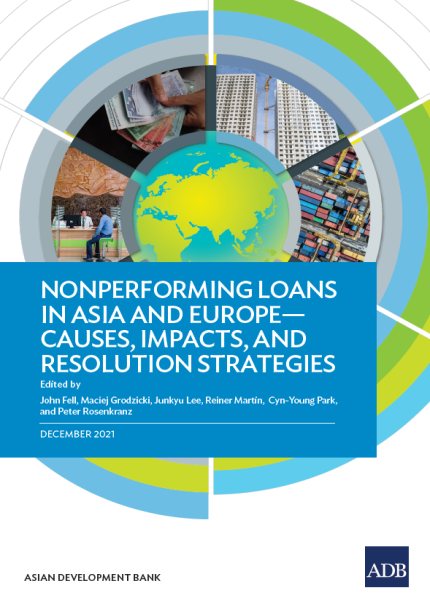
A new EBRD Working Paper (number 270)
The pandemic triggered a large, lasting shift to work from home (WFH). To study this shift, we survey full-time workers who finished primary school in 27 countries as of mid-2021 and early 2022. Our cross-country comparisons control for age, gender, education, and industry and treat the U.S. mean as the baseline. We find, first, that WFH averages 1.5 days per week in our sample, ranging widely across countries. Second, employers plan an average of 0.7WFH days per week after the pandemic, but workers want 1.7 days.
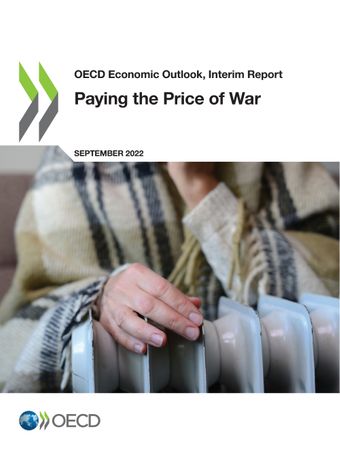
The world is paying a high price for Russia’s war of aggression against Ukraine. The high humanitarian cost continues to grow and the global economic outlook has darkened further.
This Interim Report focuses on the effects of the war on the world economy and the energy crisis. With the impacts of the COVID-19 pandemic still lingering, the war is dragging down growth more than anticipated.
Read more … OECD Economic Outlook, Interim Report September 2022- Paying the Price of War

"The pandemic has reignited debate over global assembly lines that stretch around the world
Have you ever visited a store only to find empty shelves rather than the product you wanted to buy? This might have been because of disrupted supply chains. Usually, these chains operate seamlessly in the background to bring you
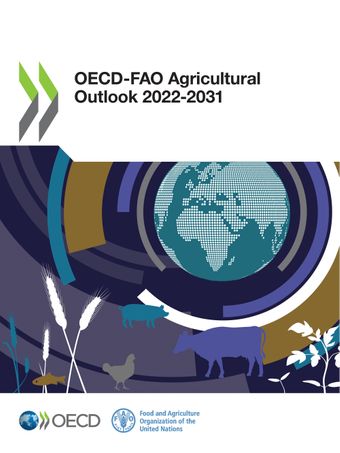
"The OECD-FAO Agricultural Outlook 2022-2031 provides a consensus assessment of the ten-year prospects for agricultural commodity and fish markets at national, regional, and global levels, and serves as a reference for forward-looking policy analysis and planning. Projections suggest that, following a business-as-usual path, SDG 2 on Zero Hunger would not be achieved by 2030 and greenhouse gas (GHG) emissions from agriculture would continue to increase.
To achieve the Zero Hunger target while reducing direct GHG by 6%, overall agricultural productivity would need to increase by 28% over the next decade.

"Digital innovations have changed the financial inclusion space for nearly 15 years. Today, a powerful new wave of digital innovation is gathering on the horizon. One of the most profound may be a shift toward a more modular financial sector and there is good reason to be hopeful that this “modularization” could help expand financial inclusion while also profoundly altering the financial industry in ways that make it both more competitive and more efficient. This working paper explores the market-level modularization of financial services by studying the following illustrative examples of the new models

Using a sample of more than 12,000 firms in 32 countries, this paper empirically examines the impact of digital technology on the resilience of enterprises during the coronavirus disease (COVID-19) pandemic.
After controlling for firm characteristics, macroeconomic conditions, and pandemic prevalence, the paper finds that digital technology had a significant and positive effect on firm performance during the pandemic. The evidence suggests that key channels of resilience are electronic commerce and remote work.

"The OECD-FAO Agricultural Outlook 2022-2031 provides a consensus assessment of the ten-year prospects for agricultural commodity and fish markets at national, regional, and global levels, and serves as a reference for forward-looking policy analysis and planning. Projections suggest that, following a business-as-usual path, SDG 2 on Zero Hunger would not be achieved by 2030 and greenhouse gas (GHG) emissions from agriculture would continue to increase.
To achieve the Zero Hunger target while reducing direct GHG by 6%, overall agricultural productivity would need to increase by 28% over the next decade. Comprehensive action to boost agricultural investment and innovation, and to enable technology transfer are urgently required in order to put the agricultural sector on the necessary sustainable growth trajectory. Additional efforts to reduce food loss and waste, and to limit excess calorie and protein intakes would also be necessary.
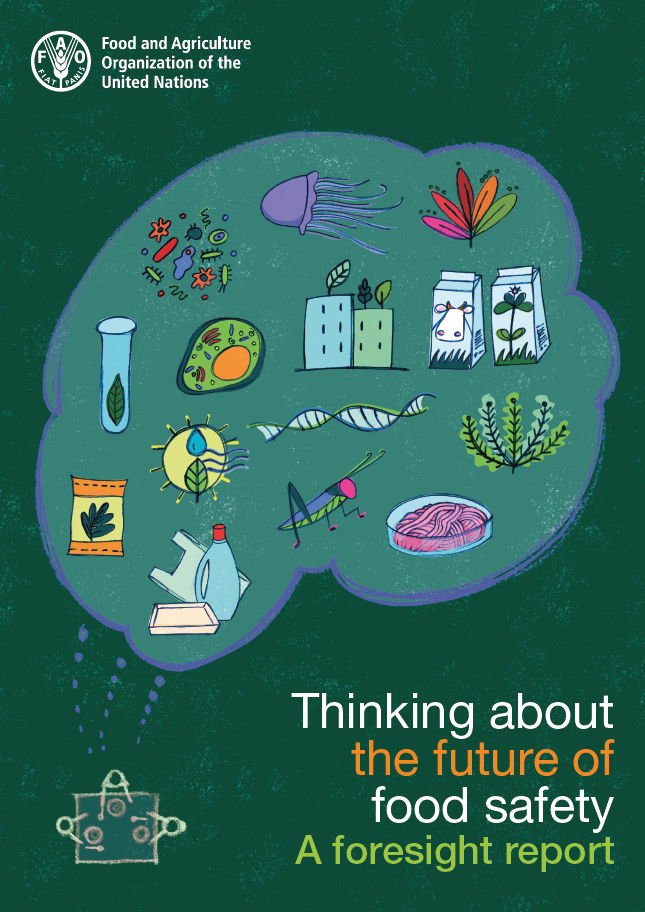
"Agrifood systems are undergoing a transformation with the aim to provide safer, more affordable, and healthier diets for all, produced in a sustainable manner while delivering just and equitable livelihoods: a key to achieving the UN’s 2030 Agenda for Sustainable Development. However, this transformation needs to be executed in the global context of major challenges facing the food and agriculture sectors, with drivers such as climate change, population growth, urbanization, and natural resources depletion compounding these challenges.
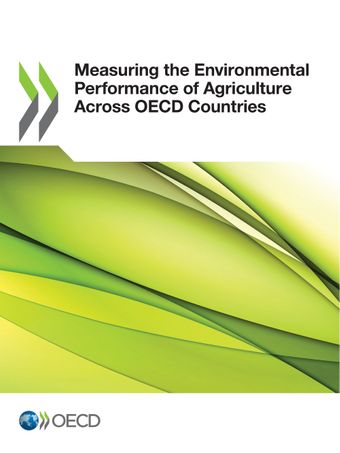
"Against the background of increased attention to the sustainability of the agriculture sector, the OECD has developed indicators of the environmental performance of agriculture. Covering the OECD as a whole and all individual OECD countries over the period 1990-2018, the data in this report show that, while most OECD countries increased their agricultural production in the last decade, the environmental performance of the agriculture sector registered mixed results. Progress was achieved reducing phosphorus balances, ammonia emissions, nitrogen balances, and greenhouse gas (GHG) emissions intensities.
Read more … Measuring the Environmental Performance of Agriculture Across OECD Countries




